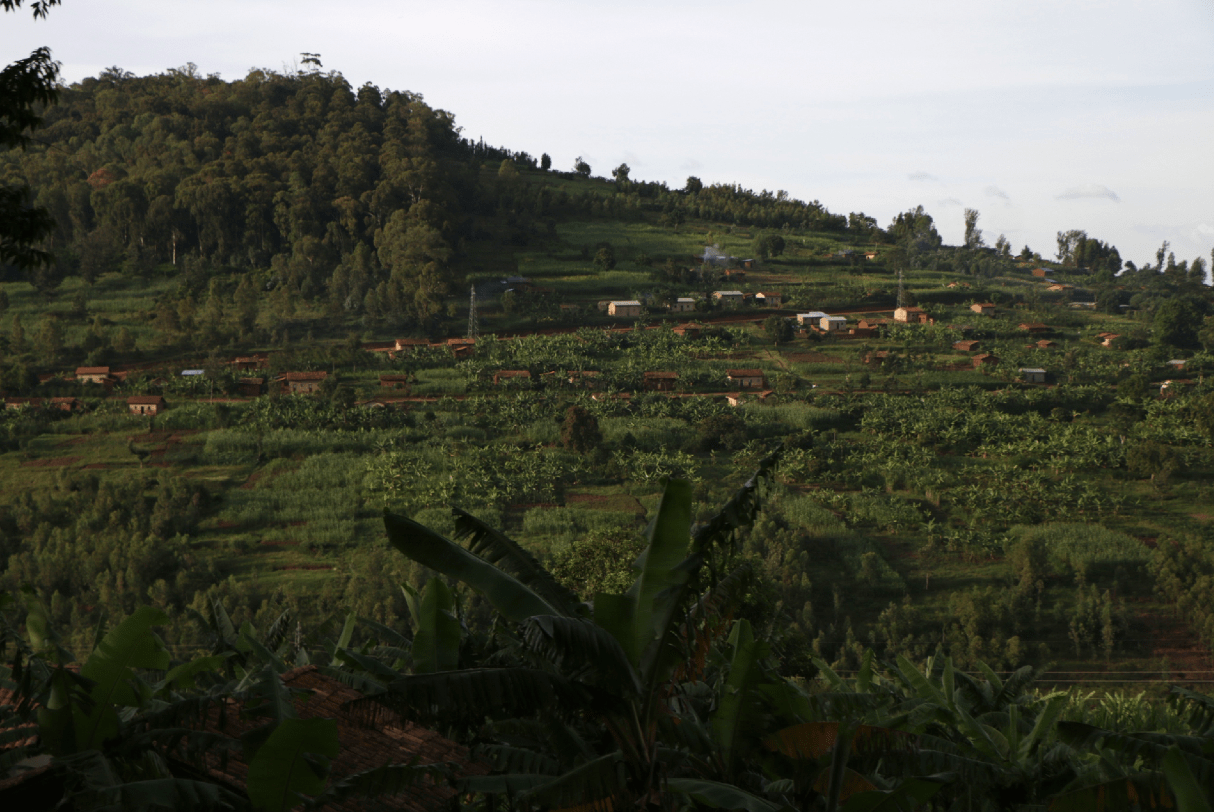By Leah Bacon, M.A Strategic Communication and Media ’20
On March 14, 2020 Rwanda’s Ministry of Health reported its first positive case of Covid-19. The country was the first African nation to issue a two-week lockdown. This included the closure of schools and places of worship, prohibiting large gatherings and unnecessary movements, and preventing all domestic/foreign travel, in order to mitigate the transmission of the virus.
Prime Minister, Dr. Edouard Ngirente issued a public notice on March 6th, that the country was taking the necessary preparation measures to “deal with the possible outbreak,” while also “urging all Rwandans” to play a role in fighting the virus. Rwanda is the second most densely populated country in Africa with a population of over 11 million people. Therefore, it comes to no surprise that the East African country is experiencing a rise in new cases—with 89 confirmed cases as of April 4th.
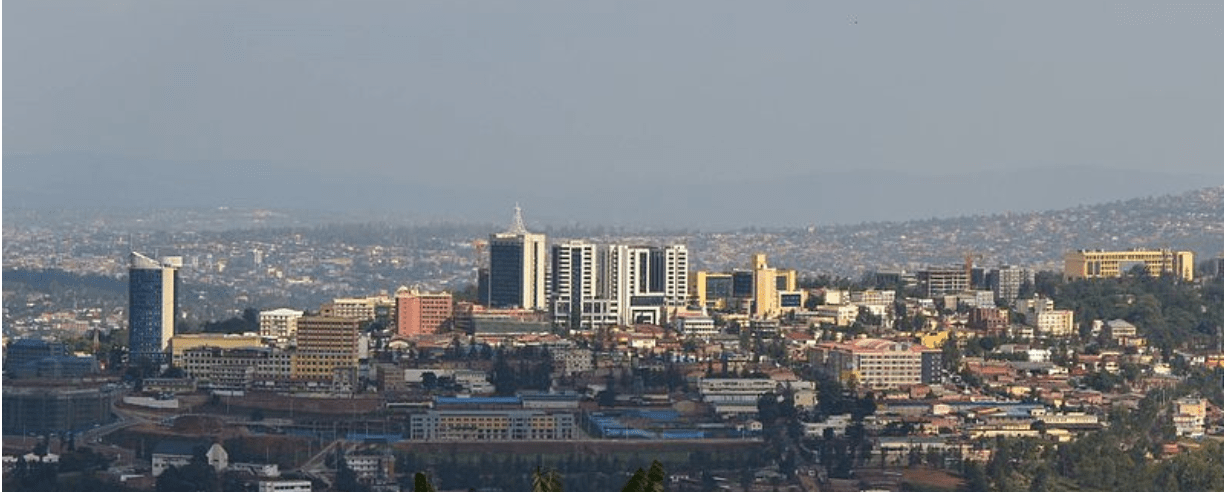
However, missing from discussion in the Western world regarding Covid-19 is how the message is conveyed and interpreted in various countries with vastly different social/cultural norms and resources.
In an age of globalization, media outlets are “global in scope,” “interconnected,” and “overlapping. Therefore, information is able to span national and cultural boundaries with high-rates of fluidity and speed. Although the messages are reaching a global audience, this audience is not interpreting the messages in the same way. Instead, how these messages are translated (or not translated) then becomes out of the control of the original media elites or spokespersons.
One reason interpretations vary, is messages are filtered through master narratives unique to each population. Master narratives can be defined as transnational narratives that are deeply embedded in a particular culture and are systemically reproduced (See: Master Narratives of Islamist Extremism). In the case of Rwanda, issues stem from the failure of global messaging and two of the country’s master narratives—which are rooted with historical significance:
- Survivor Narrative: How can victims and survivors of the 1994 genocide against the Tutsi understand the severity of Covid-19 when so many individuals have lived through the horrific events of the genocide?
- Rwanda-First Narrative: The country’s messaging is centered around the strength and perseverance of the Rwandan people to do their part in curving the spread of this virus. But how do we prevent the class-based differences from emerging? Is messaging about social distancing and the importance of hand-washing being delivered to (and understood by) the more rural areas or to people with little education?
The first master narrative, the “Survivor Narrative,” plays a significant role in the country’s success in reconstruction post-genocide. It is a narrative of perseverance and strength, which has allowed the country to move forward and prosper. However, in the age of Covid-19, some Rwandans are skeptical of the severity of the virus due to the fact that so many of its people already suffered from atrocities that are incomprehensibly worse. Further arguments can be made for other countries who have suffered through war, conflict, displacement and starvation. These countries are not necessarily down-playing Covid-19, but there seems to be a disconnect between the West’s messaging on best practices (such as washing one’s hands, using hand sanitizer, or social-distancing) and what is actually available or realistic to more vulnerable populations.
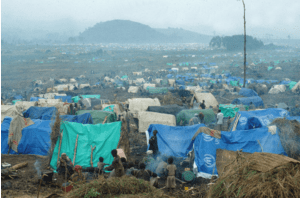
The “Rwanda-First Narrative” is used in the discourse of some of the country’s media. One article highlighted that “common practice” in Rwanda is to greet with handshakes and hugs, so social distancing was initially not well-received. The country’s leading English newspaper The New Times, published an article titled, “As usual, Rwanda takes the bull by the horns with vigour and rigour.” This article praises the government and entities (doctors, police, etc.) trying to enforce the precautions of Covid-19, but in the same article the author writes, “of course, there are nasties among us who are inexplicably bent on self-exposure.” I am reflective of how difficult social distancing would be in the capital city of Kigali’s outdoor market Kimironko, which is home to hundreds of vendors, or the thousands of individuals whose livelihood depends on their motorcycles (“motos”) taxi-like service. If the messaging does not reach these individuals or if its importance is not completely understood the country will face additional burdens.
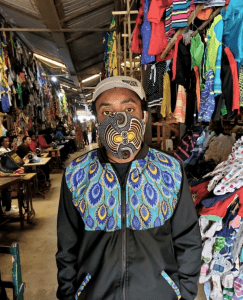
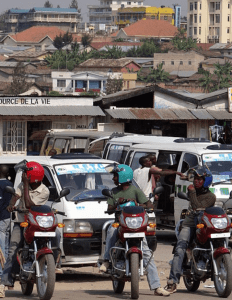
Since messages are global and “absolute control over the message is impossible,” each country must be vigilant in their messaging and understanding of the varying groups that make up their audience, in order to make strides in halting this global pandemic.
The opinions expressed in this blog are those of the author. They do not express the views of the Institute for Public Diplomacy and Global Communication or the George Washington University.
